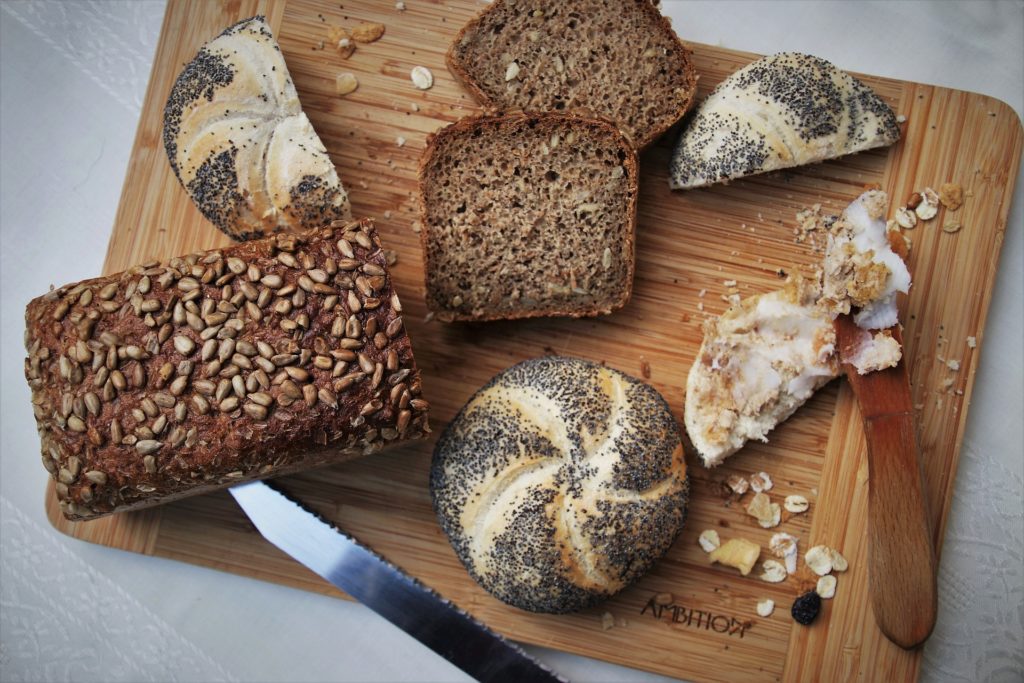A recent study in France looked into the potential drug-like effects of eating poppy bread.
In March 2019, routine tests on employees at Paris' anti-poison centre revealed they had overly high levels of opiates despite them swearing they had not taken morphine or codeine.
The excessive levels were shown to be due to the poppy seeds in the sandwiches they had for lunch, which had "particularly high alkaloid contents."
Related News
- Coronavirus is cutting off illegal drugs supplies, says UN
- European business is embroiled in a Colombian guerrilla war
"Consumption of only one of the sandwiches tested was equivalent to four milligrams of morphine," said Professor Jean-Claude Alvarez, head of the pharmacology-toxicology service at the Garches university hospital.
This level is far above the EU's recommended dosage, which is ten microgrammes per kilo of the person's weight.
The amount of alkaloid in a sandwich corresponded to "half a tablet of Skenan, the medicine given to cancer patients."
Upon further analysis, nearly one in four poppy products in an investigation were unfit for consumption, and a bag of poppy seeds slightly surpassed the morphine target level.
This phenomenon is not limited to French poppy bread production. A woman who had just given birth in Alabama (United States) faced more dire consequences.
The woman was deprived of the custody of her child only four hours after his birth when she tested positive after a routine drug test. The false positive was because of a poppy bread she'd eaten the night before.
While poppy seeds in and of themselves are harmless, the capsules they come in can contain an amount of opium large enough to be detected by drug tests.
While eating poppy bread will not get you high, it could lead to drowsiness, respiratory depression, migraine headaches, nausea, vomiting and constipation.
The Brussels Times

